Why us
Our deep learning residency is full-time and in-person. You will be surrounded by motivated peers and supported by expert practitioners. During our residency, you will digest the ideas in cutting-edge AI papers, implement them in code, and ship end-to-end systems.
Overview
Week 1. Predict HN Upvotes
Week 2. Search and Retrieval
Week 3. Transformers
Week 4. Multimodality
Week 5. Fine-Tuning At Scale
Week 6. RAG
Curriculum
Our programme is structured into a series of weekly projects, each focusing on practical applications of advanced machine learning techniques, ranging from predicting upvotes on Hacker News to building object detection models for sports analytics. Participants will engage with a variety of tasks, including text generation with Transformers, search and retrieval with Two-Tower Neural Networks, and image captioning using multi-modal models.
The course covers data engineering, MLOps and deep learning and dives into key neural network architectures and methodologies such as Word2Vec, Two-Tower Neural Networks for search, and Vision Transformers (ViT) for image captioning. Participants will gain hands-on experience with complex models like YOLO for object detection and Transformer models, emphasising components like multi-head attention and custom loss functions such as those adapted for circular bounding boxes.
Throughout the course, the use of GPUs for training and inference is emphasised, alongside efficient deployment practices using Docker, Kubernetes, and Streamlit. Participants will explore Parameter Efficient Fine-Tuning (PEFT) techniques such as Low-Rank Adaptation (LoRA) and soft prompting, designed to reduce computational costs while maintaining performance, especially in large language models (LLMs). Attention to deployment considerations, including mixed-precision training and distributed data parallelism, will equip participants with the knowledge to scale models effectively in real-world environments.
What you will build in practice:
Predictive model for Hacker News upvotes using word embeddings
Document retrieval system with Two-Tower Neural Networks
Object detection model with custom circular bounding regions
Transformer model for generating tiny stories
Multi-modal model for image captioning with Vision Transformers
Fine-tuned large language model using LoRA and soft prompting techniques
Tools and libraries you will use:




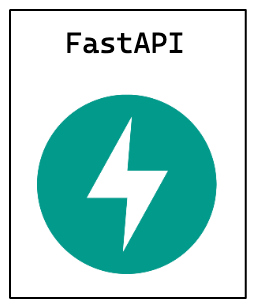

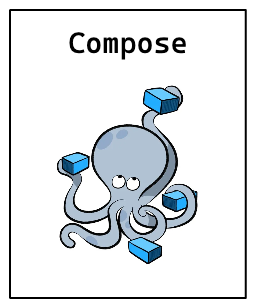
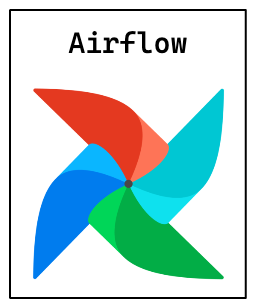

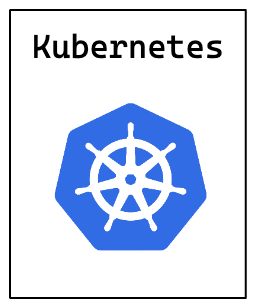


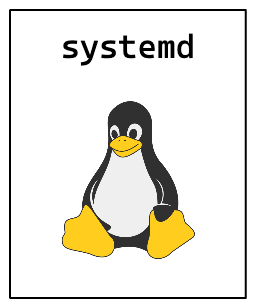

Cost & Eligibility
For eligible applicants, our programme is free. Apply now to find out more.
Application process

Tolga Dur
Sr Engineer @ Confluent
The ML Institute has been an incredible experience... Read more

Mimi Reyburn
AI Engineer @ UCLH
I absolutely loved the course; it is consistently up-to-date, challenging and enjoyable... Read more
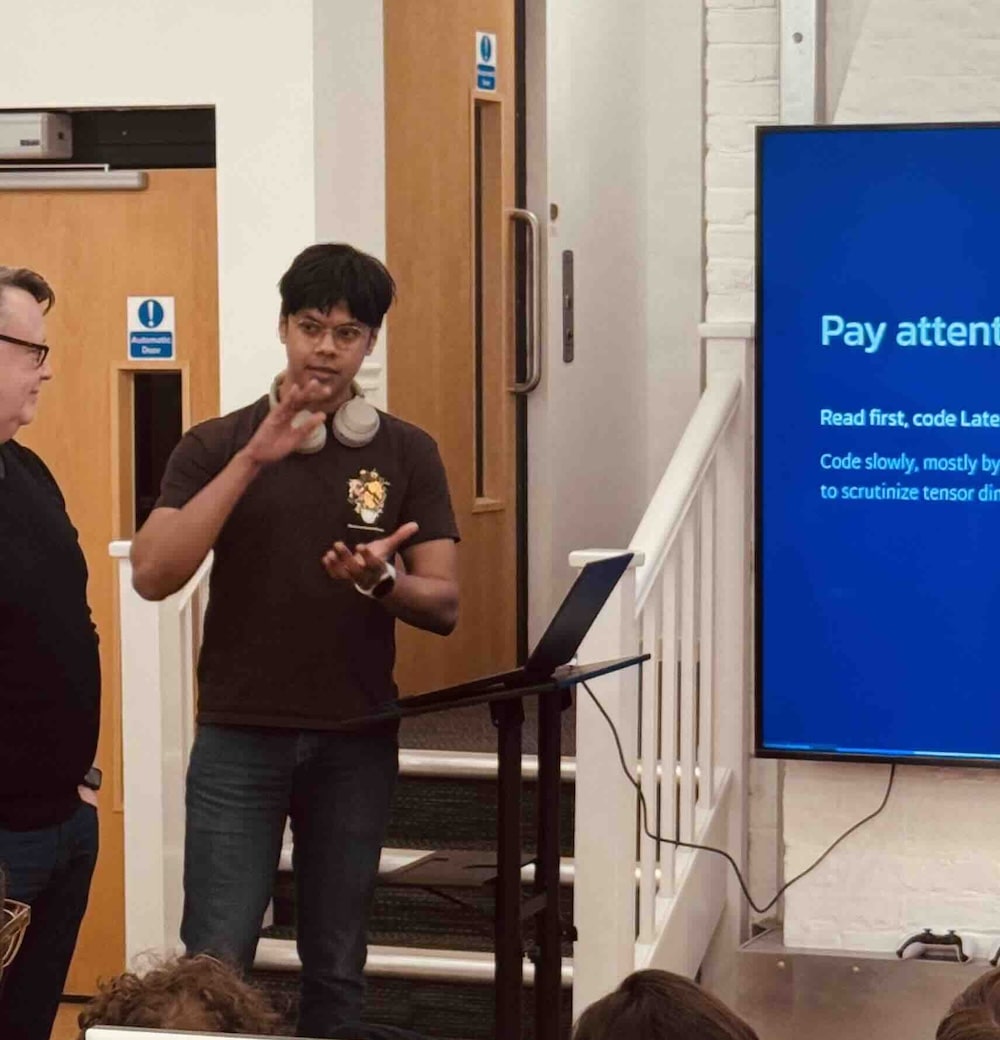
Manick Vennimalai
ML Engineer @ DealerMetrics
I joined MLX with a strong background in Data Science and ML. The program's high bar for entry creates... Read more

Amber Rignell
ML Engineer @ Kestrix
If you get just the right kind of people together and give them the mammoth challenge of figuring... Read more

Artemis Webster
Engineer @ Rolls-Royce
This course has been a truly transformative learning experience. Each week blended clear... Read more

Amy Freear
Senior Developer @ FundamentalVR
MLX7 was one of the most enriching experiences of my professional life to date... Read more

Kori Rogers
AI Engineer @ Stealth
MLX is an excellent experience and Bes is a world-class educator. It’s a programme I’ve recommended to friends. The team... Read more

Evelyn Tan
Innovation Fellow @ (Ada x Helsing AI)
The deep learning residency at MLX was a real standout experience! Having six weeks of concentrated... Read more